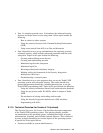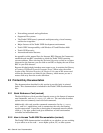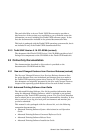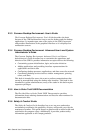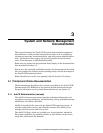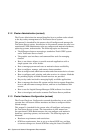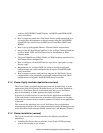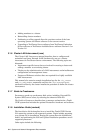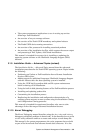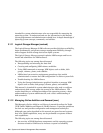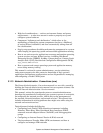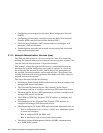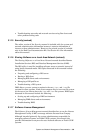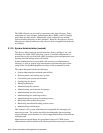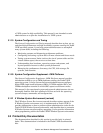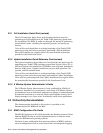• The system management applications to use in setting up services
following a Full Installation
• An overview of ways to manage software
• On overview of the Tru64 UNIX mandatory and optional subsets
• The Tru64 UNIX device-naming conventions
• An overview of the processes for installing associated products
• An overview of the installation log files, which capture the screen output
and processing of Full, Update, and Cloned installations
This manual is intended for anyone who is installing or updating the
operating system software or the Worldwide Language Support (WLS)
software.
3.1.9 Installation Guide — Advanced Topics (revised)
The Installation Guide — Advanced Topics manual describes advanced
installation procedures for the Tru64 UNIX operating system. Topics include
the following:
• Performing an Update or Full Installation from a Remote Installation
Services (RIS) server
• Adding support for additional languages (Worldwide Language Support
software subsets) after the base operating system is installed
• Using the UNIX shell to perform disk and file system maintenance
before or during a Full Installation.
• Using the built-in disk planning features of the Full Installation process
• Installing and updating product kits
• Customizing the installation process
• Duplicating the installation and configuration characteristics of a
running system onto one or more systems using the Installation Cloning
and Configuration Cloning processes
This manual is intended for experienced installers who want to take
advantage of the wide range of advanced installation features.
3.1.10 Kernel Debugging
The Kernel Debugging manual describes using the dbx, kdbx, and kdebug
debuggers to diagnose problems in kernel code. It also describes how to write
a kdbx utility extension and how to create and analyze a crash dump file.
This manual is for system programmers who write programs that are built
as part of the kernel and that reference kernel data structures. It is also
System and Network Management Documentation 3–5



